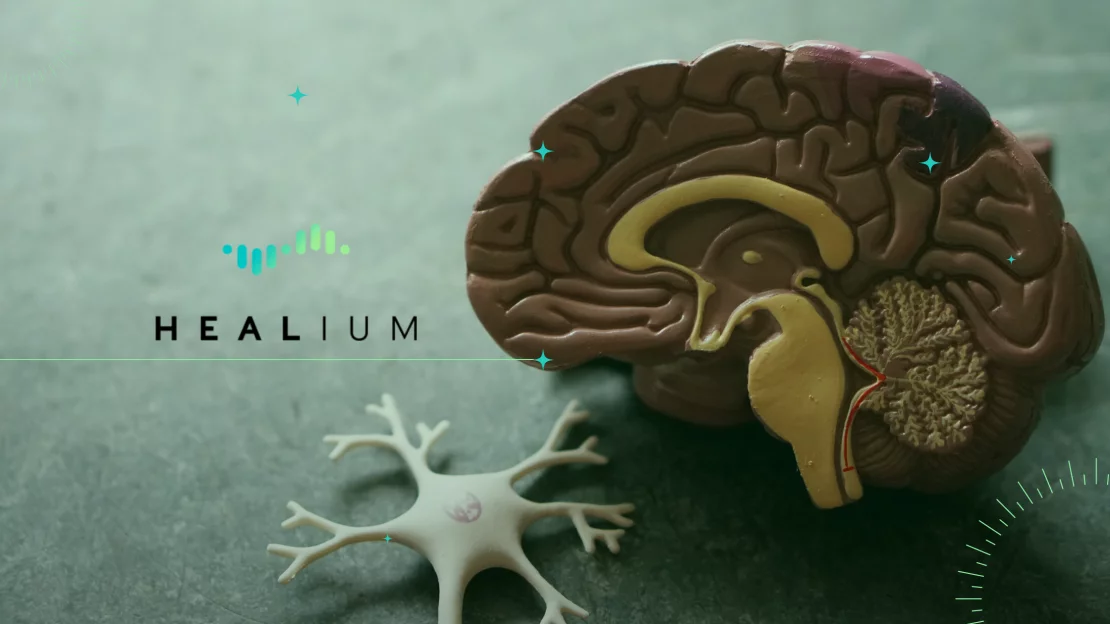Exploring How Slumber Disorders Interfere with Brainwave Activity as well as Impact Mental Function
Exploring How Slumber Disorders Interfere with Brainwave Activity as well as Impact Mental Function
Blog Article
Sleep is an crucial part of our daily lives, enabling our bodies and minds to repose and rejuvenate. However, many individuals experience from slumber disorders, which can significantly disrupt slumber patterns. These disorders can lead to various issues, including changes in brainwave activity. Neural waves are electrical impulses in the mind that indicate our cognitive state and function. When sleep is interrupted, the typical patterns of brainwaves can be impacted, leading to problems with cognitive function, such as memory, attention, and judgment.
There are various types of slumber disorders, including insomnia, slumber apnea, and restless leg syndrome. Sleeplessness is characterized by trouble going or staying asleep, while slumber apnea involves pauses in breathing during slumber. Unsettled leg syndrome causes uncomfortable feelings in the legs, resulting to an irresistible urge to shift them. Each of these disorders can disturb the natural sleep cycle, which comprises of different stages, including light sleep, profound sleep, and REM (rapid eye movement) sleep. Each stage plays a crucial role in preserving overall cognitive health and function.
When slumber disorders interfere with these stages, brainwave activity can become erratic. For example, during deep sleep, the mind produces slow delta waves, which are essential for physical restoration and memory consolidation. If a individual experiences frequent awakenings or does not attain deep sleep, the production of these delta waves is diminished. This can result to difficulties in acquiring new information and retaining memories. Additionally, REM sleep, which is linked with fantasizing and affective processing, is also affected. Interruptions in REM click this link now sleep can lead to problems with emotional regulation and creativity.
The effect of sleep disorders on cognitive function is substantial. Research has shown that individuals with sleep disorders often face difficulties with attention and concentration. This can affect their performance at school or work, making it difficult to complete tasks or participate in discussions. Furthermore, long-term slumber deprivation can lead to emotional changes, increased stress, and even nervousness or depression. These mental and affective challenges can create a cycle, where inadequate sleep results to cognitive difficulties, which in turn can result to more sleep problems.
Tackling sleep disorders is essential for enhancing brainwave activity and mental function. Therapeutic options may encompass lifestyle changes, such as creating a consistent slumber schedule, establishing a comfortable sleep environment, and practicing relaxation techniques. In some cases, clinical intervention may be required, such as using a CPAP machine for sleep apnea or pharmaceuticals for sleeplessness. By prioritizing sleep and seeking appropriate care, individuals can improve their overall cognitive abilities and improve their quality of life. Comprehending the connection between slumber disorders, brainwave activity, and mental function is an essential step toward better health and well-being.